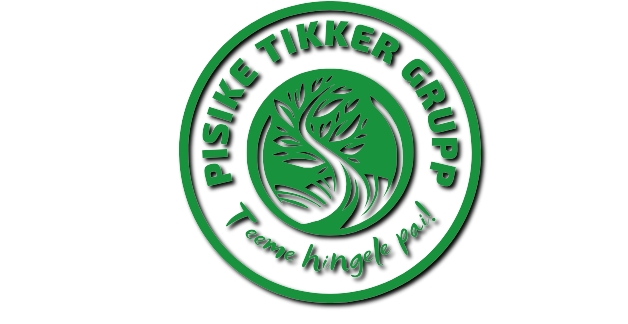Building a cooperative team: tips and strategies
Building a cooperative team is a critical component of any successful organization. It is especially important for groups that include adults with special needs, individuals facing mental health challenges, and survivors of close relationship violence. In this blog post, we will explore the key elements and strategies for fostering a cooperative team environment that is inclusive, supportive, and effective.
Foundational Elements of a Cooperative Team
Effective communication is the cornerstone of any cooperative team. It involves not only the exchange of information but also the ability to listen and understand each other's perspectives. For our target audience, clear communication can help in expressing needs, preferences, and concerns without fear of judgment.
Understanding each team member's role and responsibilities is crucial for cooperation. It ensures that everyone knows what is expected of them and how they fit into the larger picture of the team's objectives.
Trust and respect are vital for a cooperative team. They are built over time through consistency, reliability, and ethical behavior. For individuals with special needs or mental health challenges, a trusting environment can significantly enhance their sense of security and belonging.
Strategies for Enhancing Team Cooperation
Shared goals are powerful motivators for team cooperation. They align team members towards a common purpose and foster a sense of unity.
Inclusivity and diversity are not just buzzwords; they are essential for a cooperative team. Embracing the unique contributions of each member, including those with special needs, enriches the team's capabilities and perspectives.
Conflict is natural in any team setting. However, having effective conflict resolution techniques in place can help to resolve disagreements constructively, without causing long-term damage to team relationships.
Practical Tips for Team Building
Engaging in team building activities can strengthen bonds and improve cooperation. Activities should be accessible and enjoyable for all team members, taking into account any special requirements.
Regular check-ins and opportunities for feedback allow team members to voice their thoughts and concerns. This practice promotes transparency and continuous improvement.
Investing in the professional development of team members can boost morale and cooperation. It shows a commitment to their growth and the success of the team as a whole.
Adapting Strategies for Special Needs and Mental Health Challenges
Team building activities should be tailored to meet the needs of all members, including those with special needs or mental health challenges. This might involve adjustments or alternative options to ensure full participation.
A supportive environment is one that acknowledges and accommodates the unique challenges faced by some team members. It is about creating a space where everyone can thrive.
Assistive technologies can play a significant role in enhancing team cooperation, especially for individuals with disabilities. These tools can help in bridging communication gaps and facilitating better collaboration.






Comments (0)